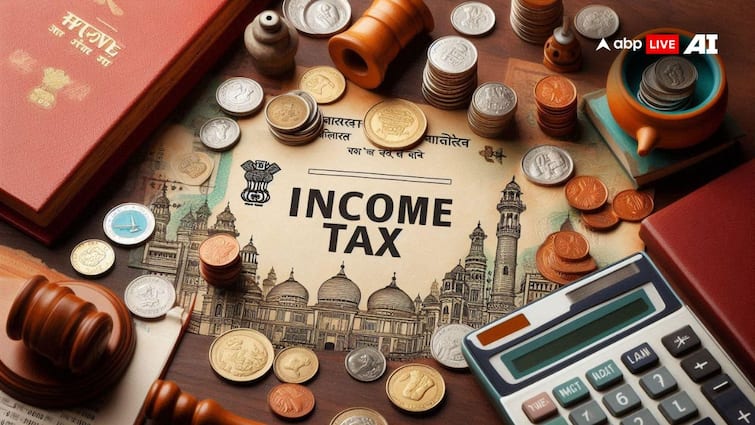G20 Finance Chiefs Tackle Global Economic Headwinds in South Africa: Key Issues & Ramaphosa's Agenda

Johannesburg, South Africa – Top finance officials from the Group of 20 (G20) nations convened in South Africa this week for crucial discussions amidst a complex and challenging global economic landscape. The meeting, taking place against a backdrop of escalating trade tensions, a looming global economic slowdown, and the uncertainty surrounding the United States' potential withdrawal from key multilateral organizations, carries significant weight for the world economy.
South Africa, holding Africa's first G20 presidency, is strategically utilizing this opportunity to champion an African agenda. President Cyril Ramaphosa has emphasized the importance of addressing the continent's unique needs and fostering inclusive growth within the global framework. The meeting provides a platform to highlight issues such as debt sustainability, infrastructure development, and access to finance for African nations.
Key Issues on the Agenda: A Deep Dive
The G20 finance meeting's agenda is packed with critical topics demanding immediate attention:
- Trade Tensions & Protectionism: The ongoing trade disputes, particularly between the US and China, continue to cast a shadow over global trade. Discussions are expected to focus on de-escalating these tensions and promoting a rules-based international trading system. The impact of tariffs and trade barriers on supply chains and economic growth will be a central theme.
- Global Economic Slowdown: Concerns about a potential global recession are mounting as economic growth forecasts are repeatedly revised downwards. The G20 officials will analyze the factors contributing to this slowdown, including rising interest rates, inflation, and geopolitical uncertainties. Strategies to mitigate the risks and support sustainable growth will be explored.
- Inflationary Pressures: Persistent inflation remains a major challenge for many economies. Central banks worldwide have been aggressively raising interest rates to combat inflation, but this risks triggering a recession. The G20 meeting will likely address the balance between controlling inflation and supporting economic growth.
- Debt Sustainability in Developing Countries: Many developing countries are struggling with mounting debt burdens, exacerbated by the pandemic and rising interest rates. The G20 is expected to discuss debt relief measures and explore innovative financing mechanisms to help these countries achieve sustainable debt levels.
- Climate Change & Sustainable Finance: The need to mobilize finance for climate action remains a priority. Discussions will focus on scaling up sustainable finance, promoting green investments, and supporting developing countries in their transition to a low-carbon economy.
- Multilateral Organizations: The US's potential withdrawal from organizations like the World Trade Organization (WTO) poses a significant threat to the multilateral trading system. The G20 officials will likely explore ways to strengthen these organizations and ensure their continued relevance.
Ramaphosa's Vision: An African Perspective
President Ramaphosa is keen to use South Africa’s G20 presidency to advocate for an African agenda that prioritizes inclusive growth, poverty reduction, and sustainable development. He has called for greater investment in infrastructure, skills development, and access to finance for African businesses. Furthermore, he has emphasized the importance of reforming the international financial architecture to better reflect the needs of developing countries.
Looking Ahead
The G20 finance meeting in South Africa represents a crucial opportunity to address the pressing challenges facing the global economy. The outcomes of these discussions will shape the policy responses of G20 nations and have a significant impact on the world economy in the months and years to come. The focus on Africa’s perspective adds a vital dimension to the discussions, highlighting the need for a more inclusive and equitable global economic order.






